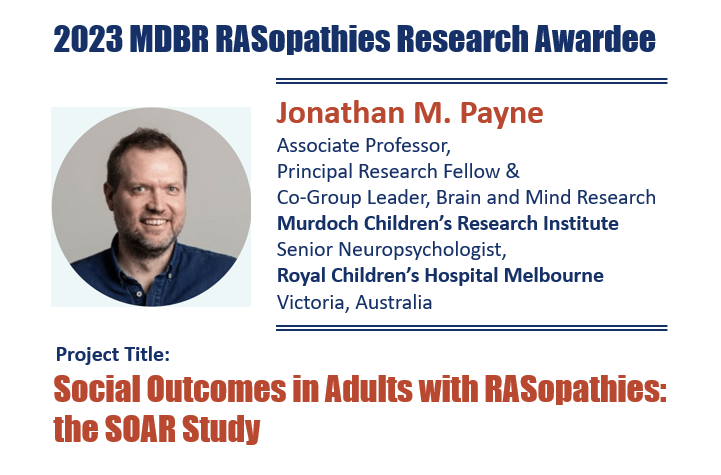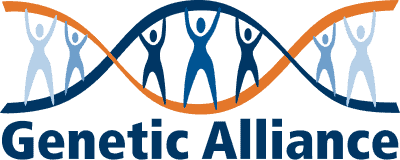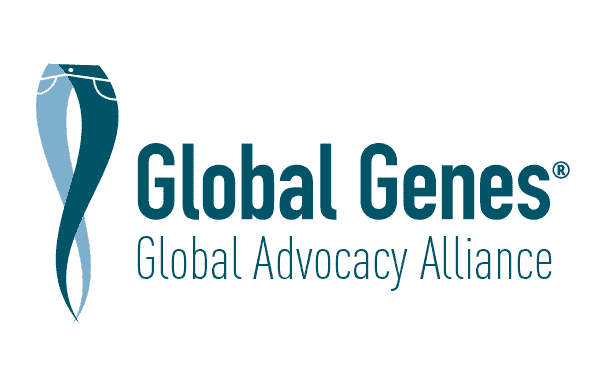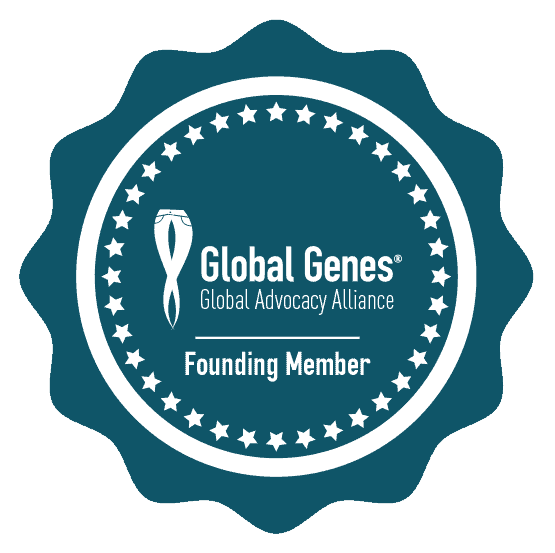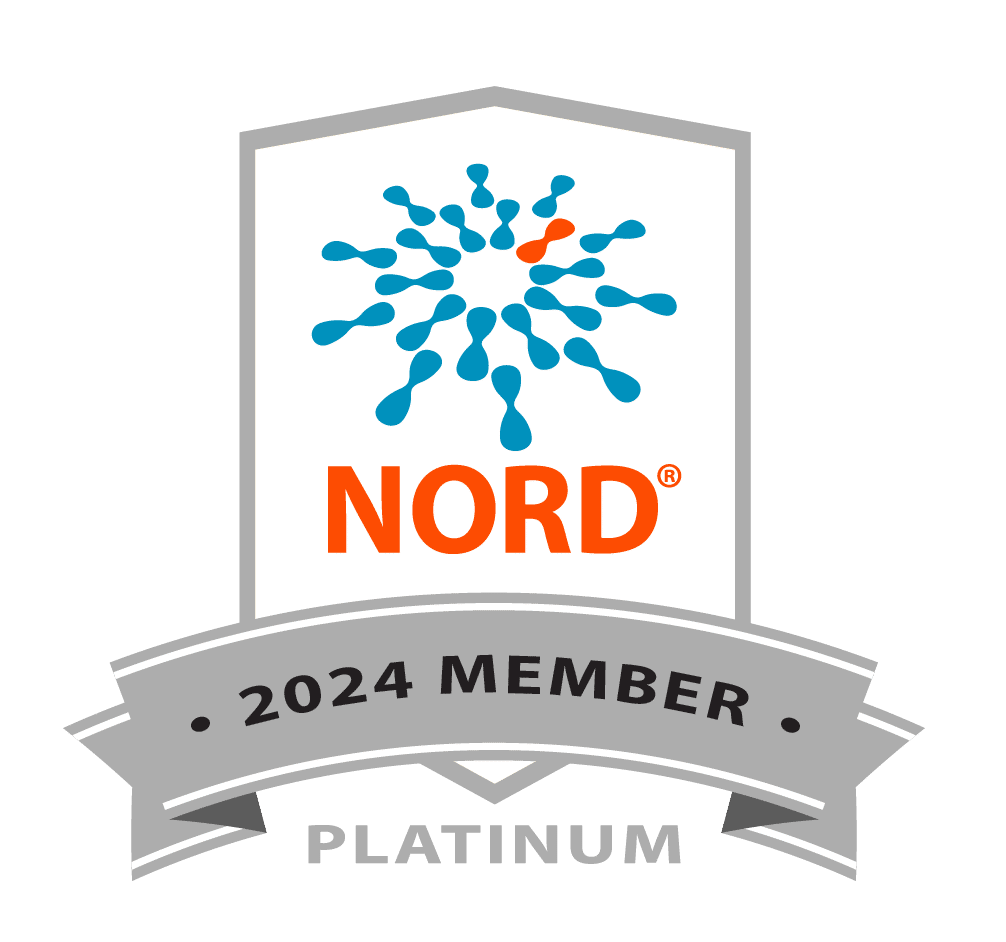RASnet-Funded Grants
Congratulations Dr. Payne
$60,755 awarded thanks to our community riders and supporters matched by Penn ODC
Summary:
Psychosocial difficulties and increased mental ill-health have been described in some RASopathies, however the literature lacks a systemic account of these difficulties, especially in adulthood. Understanding the nature, severity and impact of mental health and psychosocial adversity in adults with a RASopathy will be critical to inform clinical practice and to guide intervention strategies. The overall goal of the SOAR study is to take a holistic approach to evaluating a broad road range of psychosocial outcomes in adults with a RASopathy, including mental health, social integration, quality of life and daily living skills. We will also examine how these outcomes relate to demographic and personal variables such as employment, housing arrangements, family composition, and health status. SOAR will be a survey-based study and include over 300 adults with a RASopathy across Australia and the UK. By comprehensively characterizing the psychosocial outcomes in adults with RASopathies, this project will help shape clinical services and management of individuals with RASopathies.
~ PAST AWARDEES ~
2022: Jos M Draaisma, MD PhD, Radboud University Medical Center, $60,100
The central conducting lymphatic system in patients with the Rasopathies Noonan Syndrome and CardioFacioCutaneous Syndrome with and without lymphatic disease
2021: Fabrice Jaffré, PhD, Weill Cornell Medical College, $75,431
Discovery of new therapies for hypertrophic cardiomyopathy in RASopathies using an innovative hiPSC-based high throughput drug screening platform
2020: Vanessa Fear, BSc (Hons), PhD, The University of Western Australia, Telethon Kids Institute, $69,885
Understanding RASopathies to better inform diagnosis and treatment
2019: Gregor Andelfinger, MD PhD, CHU Sainte Justine Research Center, Université de Montréal, $59,220
MEK inhibition for RASopathy associated hypertrophic cardiomyopathy
2018: Bruce Gelb, MD, Icahn School of Medicine at Mt. Sinai, NY, $74,830
Advancing A Novel Therapeutic Lead for RASopathies
2017: Kartik Venkatachalam, PhD, McGovern Medical School, University of Texas Science Center at Houston, $47,189
Targeting Endolysosomal Proteins to Treat RASopathies
2016: Philip Stork, MD, Oregon Health Sciences University, $44,000
Are Raf dimers targets for therapeutic intervention in RASopathies?
2015: Prof. Giuseppe Zampino, Università Cattolica Sacro Cuore, $53,000
Pain in RASopathies: new investigative techniques and treatments
2014: Maria Kontaridis, PhD, Beth Israel Deaconess Medical Center/Harvard Medical School, $65,000
Pilot study to delineate the cause of gastrointestinal abnormalities in RASopathy disorders using human inducible pluripotent stem cells (iPSCs)

